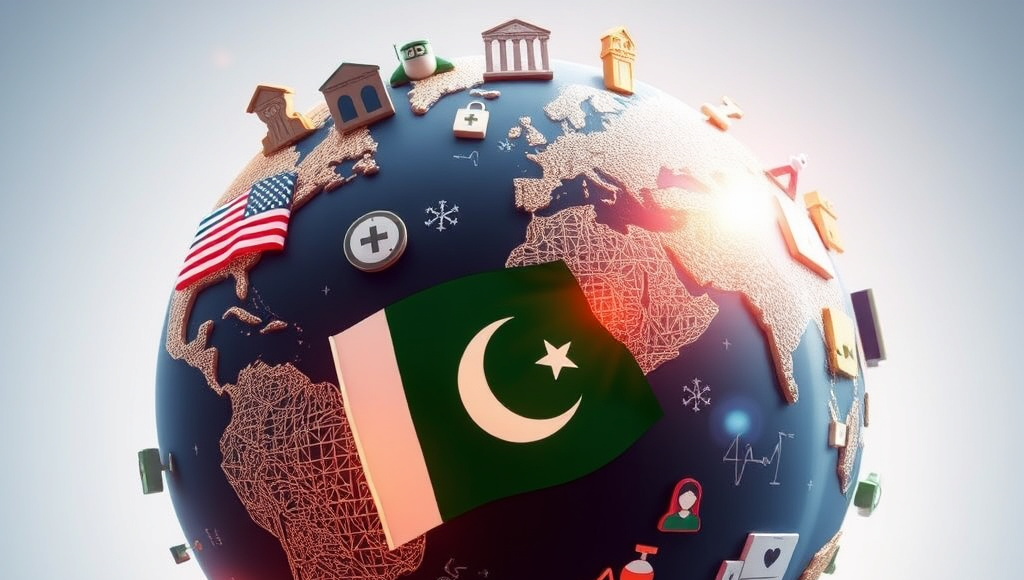The ongoing trade war between the United States and China is reshaping the global economic landscape, and Africa is poised to reap some unexpected benefits.
According to the January 2025 edition of the Pan-African Manufacturers Association (PAMA) bulletin, the tensions between these two economic giants could lead to increased foreign direct investment (FDI) in Africa’s manufacturing sector.
Trade relations between the U.S. and China have remained tense, marked by escalating tariffs and counter-tariffs. In one of his first moves after taking office, U.S. President Donald Trump imposed a 10% tariff on all Chinese imports—a measure that compounded an earlier 10% tariff set by former President Joe Biden.

In response, China introduced its own set of retaliatory tariffs, including: a 15% additional duty on U.S. coal, coke, and liquefied natural gas and a 10% additional duty on U.S. crude oil, agricultural machinery, large-displacement vehicles, and pickup trucks.
This ongoing economic confrontation has disrupted global supply chains, prompting companies and investors to explore alternative markets. And Africa is emerging as an attractive destination.
Despite the rise of protectionist policies in global trade, Africa remains relatively insulated from these tensions. PAMA predicts that the fallout from the U.S.-China trade war, along with other economic shifts in the West, will drive a surge in foreign investments into Africa’s manufacturing and automotive industries.

The association forecasts a 4% growth in Africa’s manufacturing sector in 2025, fueled by improved economic conditions and strategic investment in local production. Foreign direct investment in the sector is also expected to increase at a modest but steady pace, creating opportunities for businesses and governments alike.
PAMA highlights that deeper regional market integration—especially through initiatives like the African Continental Free Trade Area (AfCFTA)—will be crucial in capitalizing on these investment inflows. By improving intra-African trade and reducing dependence on external markets, the continent can strengthen its position as a key manufacturing hub.

However, while opportunities are growing, challenges remain. The report warns that geopolitical uncertainties and ongoing conflicts could deter some investors.
Additionally, rising sustainability regulations and escalating costs—partly due to fluctuating freight rates—pose potential hurdles for Africa’s manufacturing growth. To sustain this momentum, PAMA recommends that African governments focus on:
- Strengthening regional trade collaboration through AfCFTA implementation
- Attracting foreign direct investments in key manufacturing sectors
- Encouraging innovation and automation to boost productivity
- Adapting to sustainability regulations to remain competitive in global markets
Despite global economic uncertainties, Africa’s manufacturing sector is showing signs of resilience and potential.